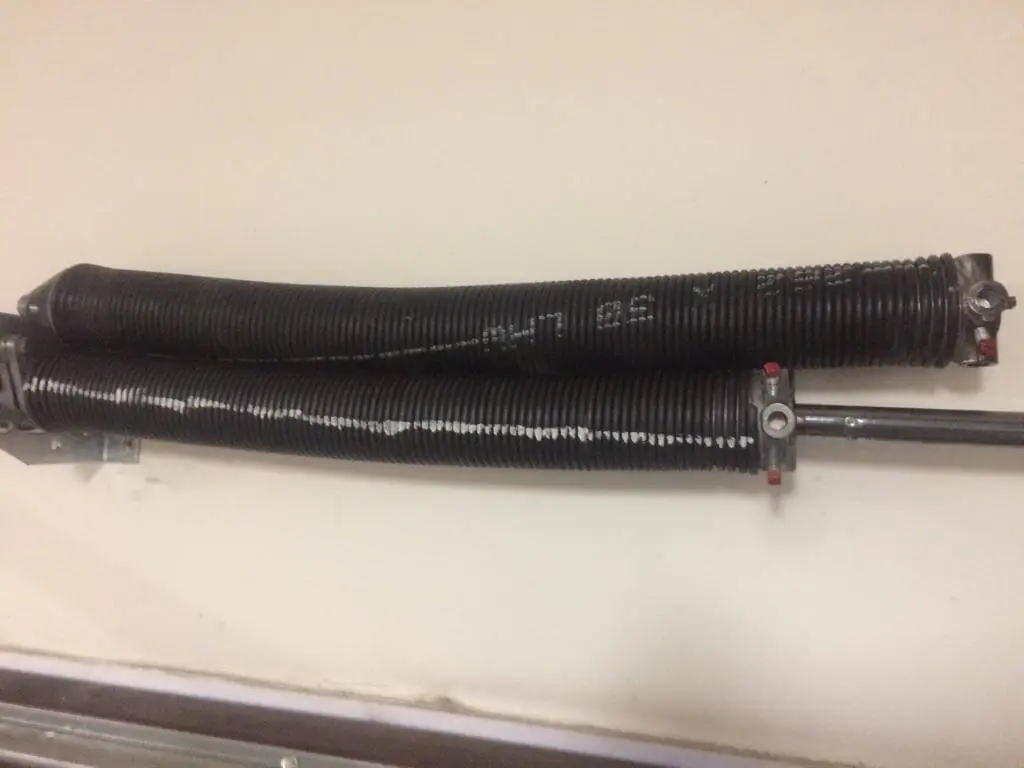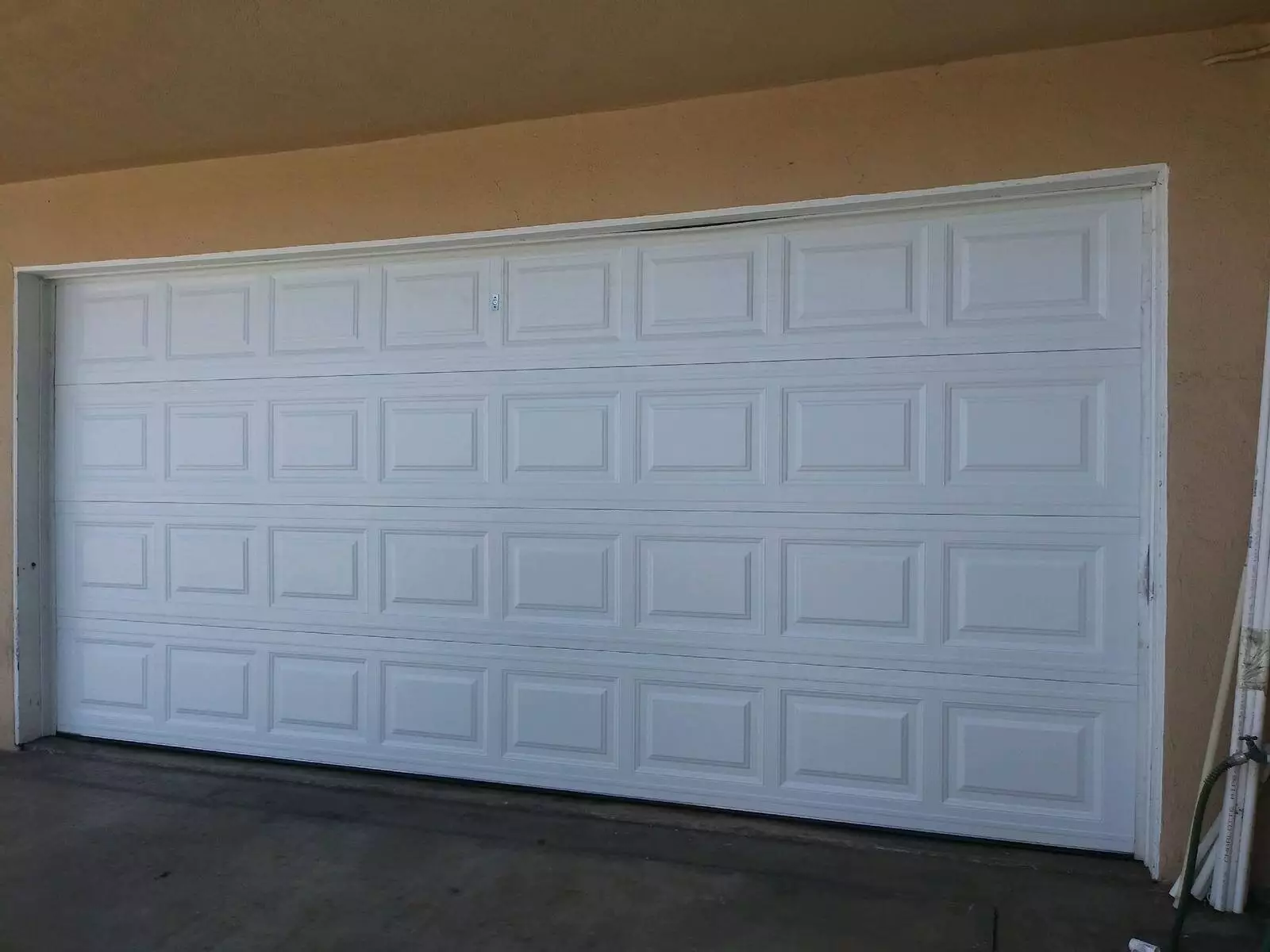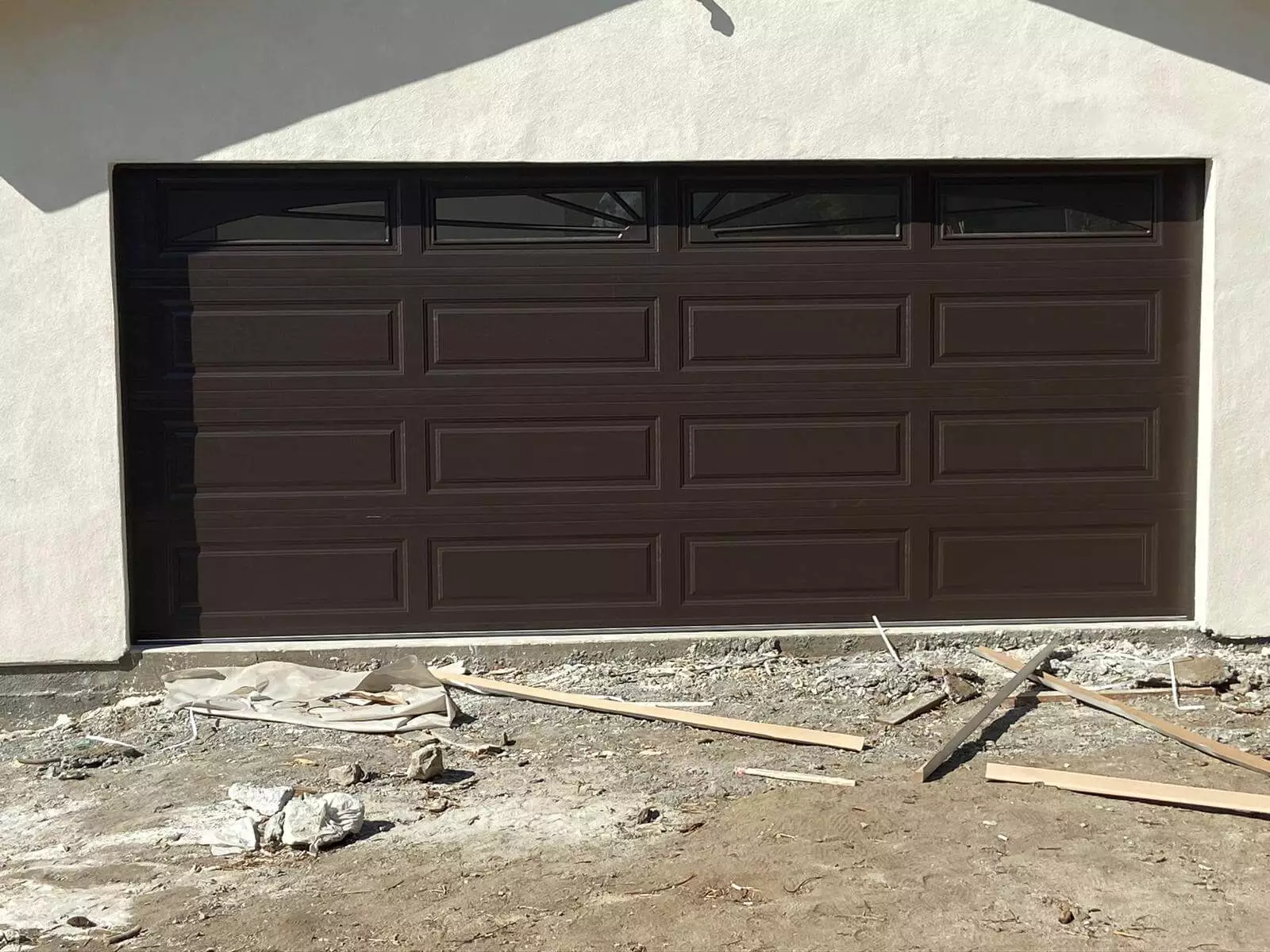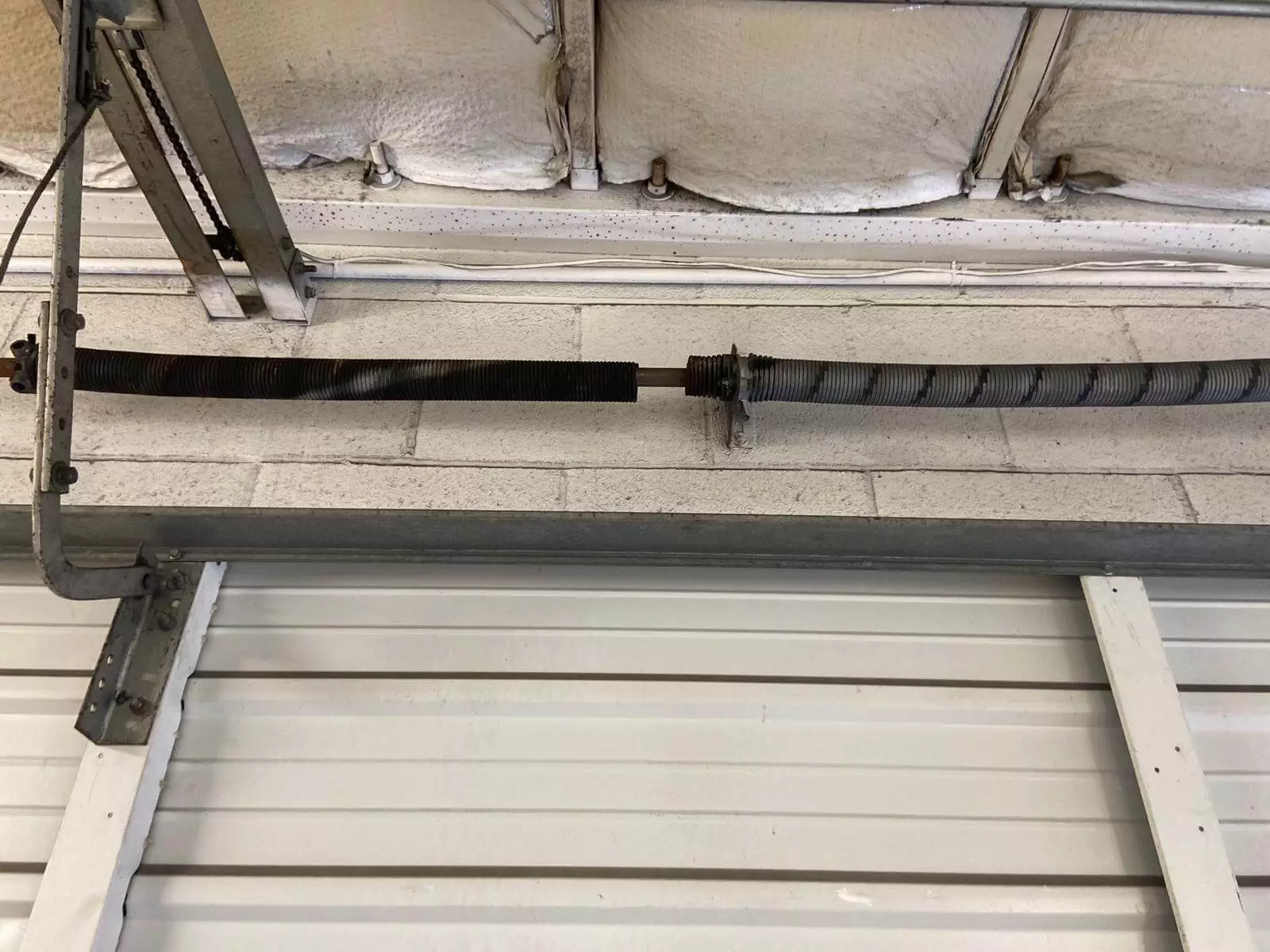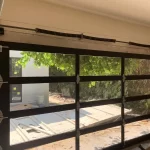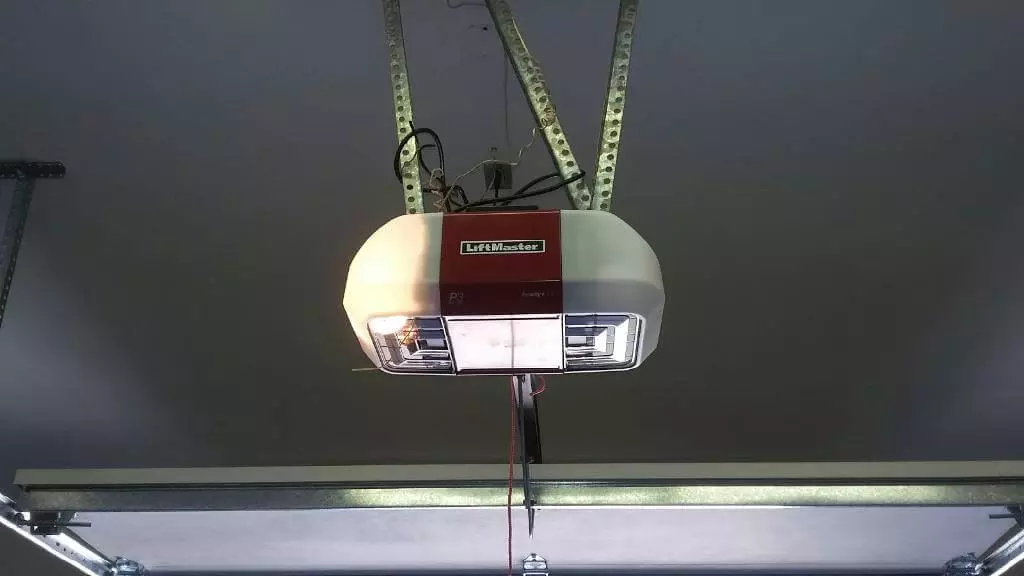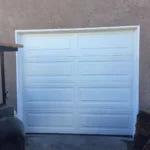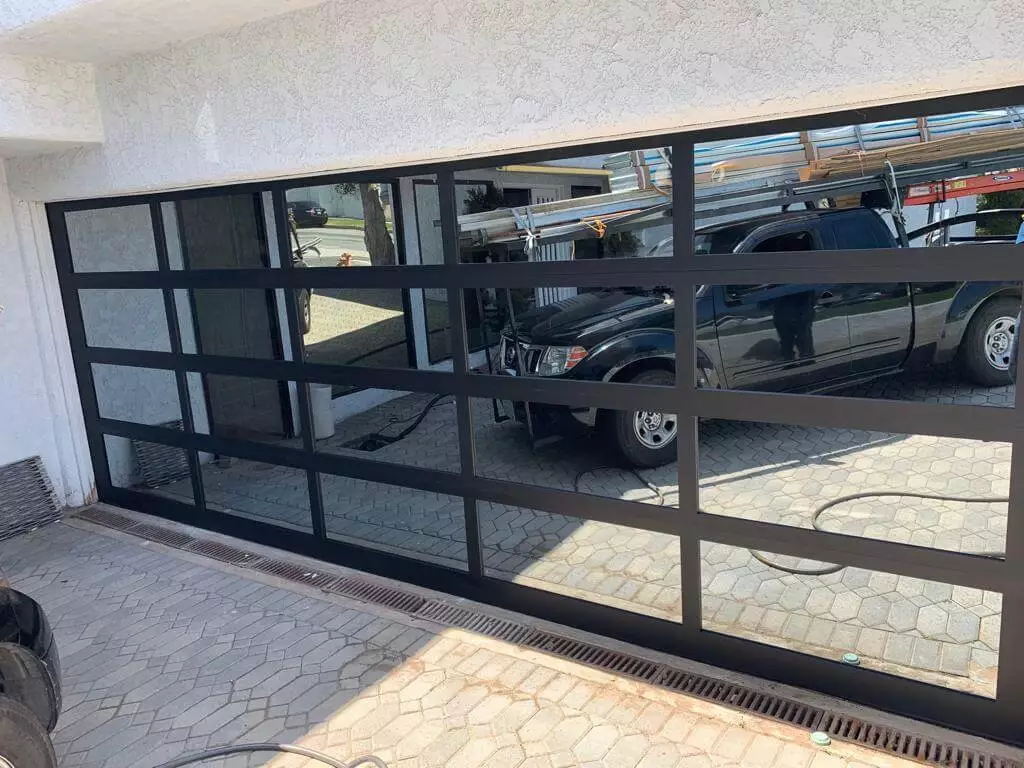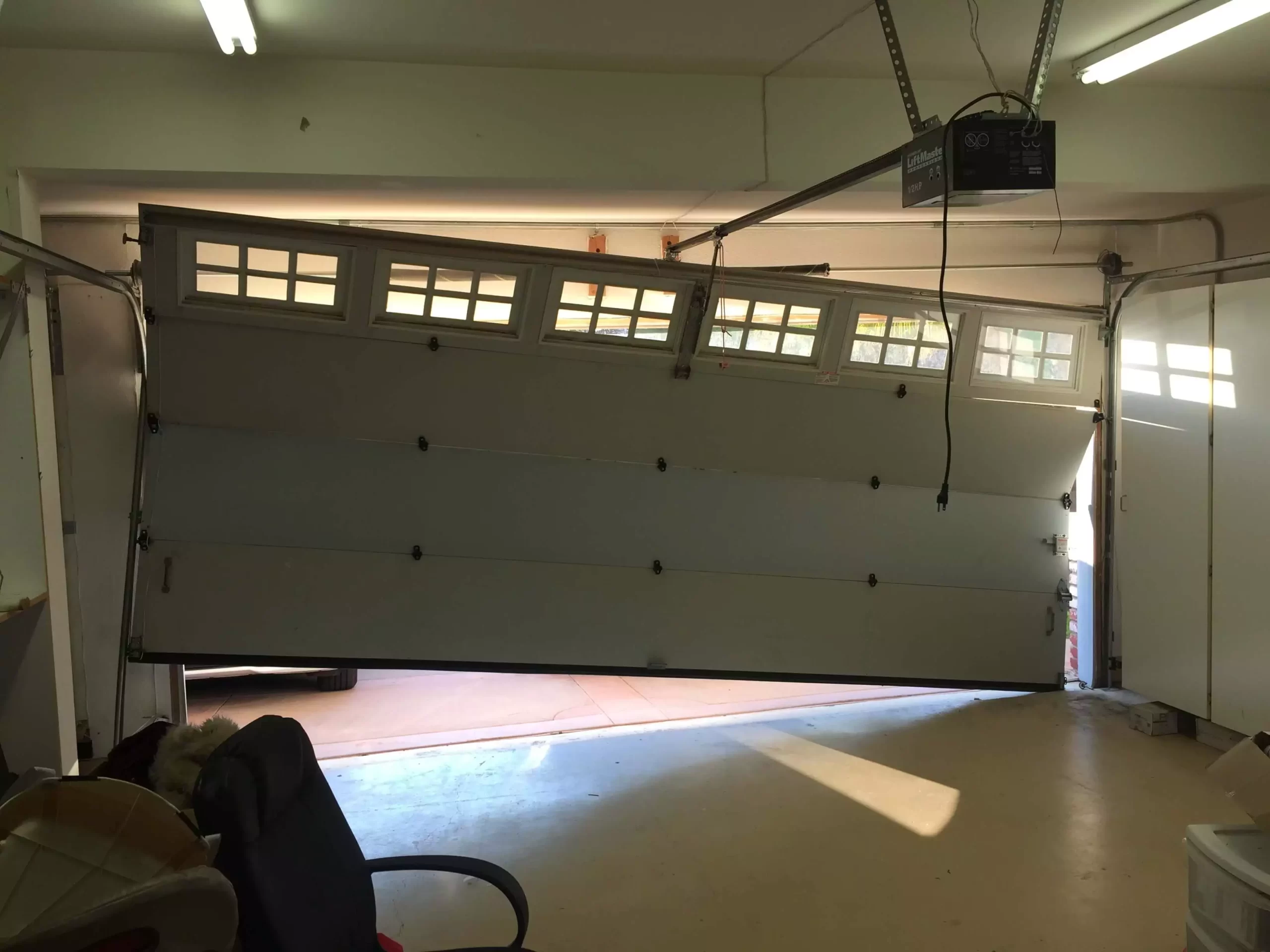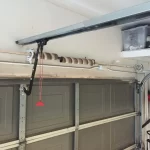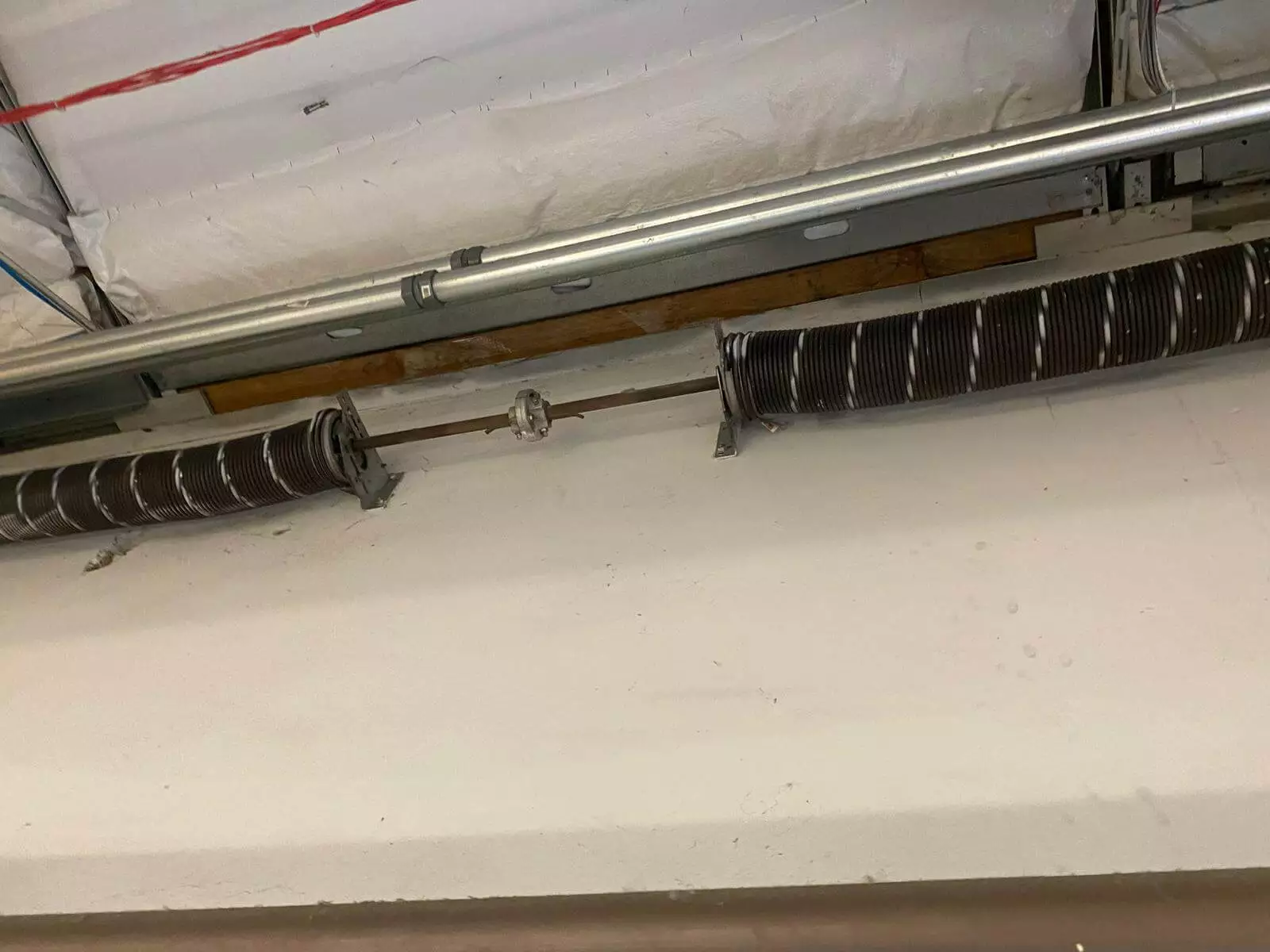The garage door torsion or extension springs that help lift and balance the weight of the door are essential components that allow for easy door operation. Over time and with heavy use, springs can wear out and lose their ability to safely function. As a homeowner, it’s important to be able to recognize when it’s time for new springs before safety issues arise. Here are some key signs to watch for.
Content
Difficult Operation
If you find yourself struggling to open or close the garage door, this could indicate worn springs that are no longer providing enough assistance. The door may creep up or down slowly instead of moving with ease. This puts more strain on the opener motor as well.
Door Won’t Stay Open
Ideally, your overhead door should stay balanced in the open position without needing to be held there. If it keeps dipping down despite adjusting the opener’s limits and force controls, the springs likely need replacement soon for proper counterbalance.
Door Won’t Fully Open or Close
Along with failing to stay put, the door may only open partially or close with several inches still showing if springs have weakened to the point they can’t complete the full travel cycle. This could pose entrapment hazards.
Loose Cables or Drums
On extension spring models, visible signs of stress include loose or slipping cables where they attach to the drums or ceiling brackets. Cables should remain taut. Worn drums may also show signs of cracks or flat spots.
Broken Parts or Wires
The appearance of kinked, frayed or broken winding cones, wires or mounting hardware is a clear indication springs on the door are compromised and in need of repair by professionals like those at Garage Door Spring Repair in Midlothian.
Spring Fails Inspector’s Test
If an inspector determines through their evaluation that a spring shows signs of deterioration, deformation, corrosion or mounting issues that exceed recommended service limits, replacement would be necessary to pass inspection.
Age of Springs
Even if springs are functioning, most garage door companies recommend replacement of original springs (torsion or extension) by 15-20 years at the latest due to inevitable wear from repeated use over thousands of cycles by then. Periodic preventative maintenance helps avoid emergency repairs or worse.
Signs garage door springs are failing typically escalate over time, so pay attention and contact an expert right away at the first appearance of issues. Professionals can install new springs professionally before problems cause expensive damage or safety incidents in your garage. Replacing springs on schedule gives long-lasting performance and peace of mind.

I’m Aurelia Brown! I blog about tech, how to use it, and what you should know. I love spending time with my family and sharing stories of the day with them.

